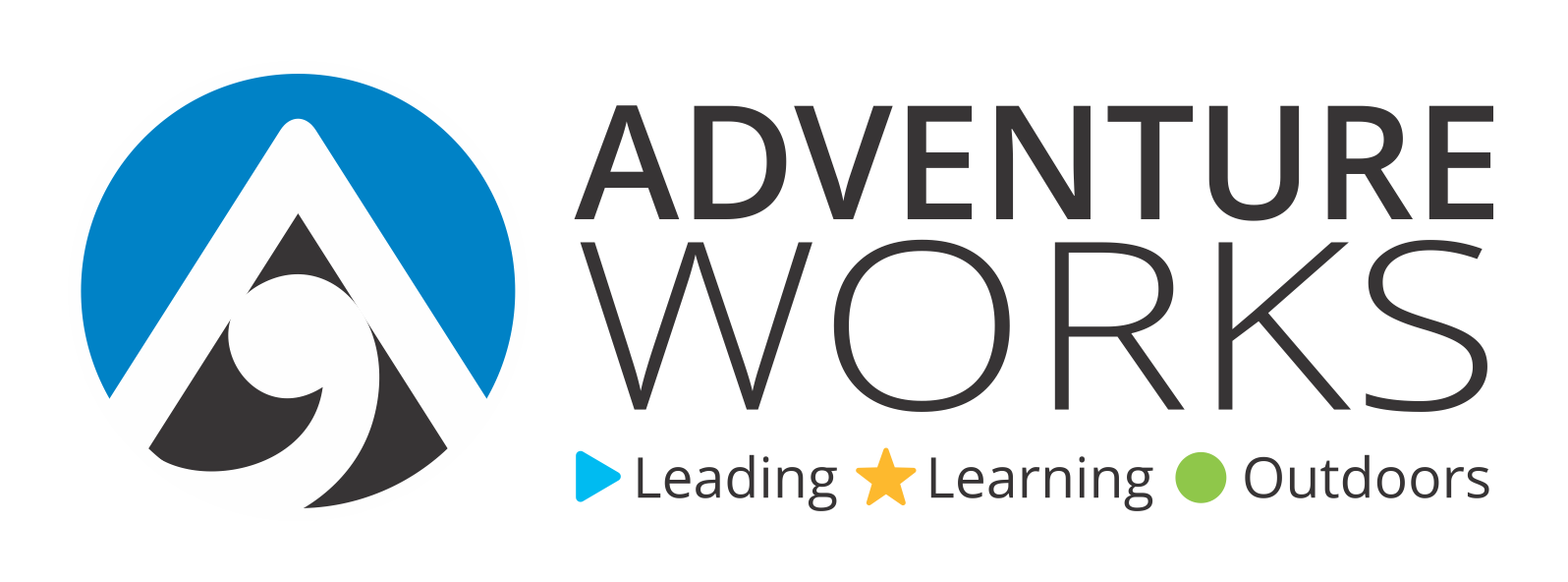Expanding Comfort Zones
Expanding Comfort Zones
The concept of a comfort zone is widely recognised in psychology and refers to a psychological state in which an individual feels safe, secure, and familiar with their surroundings, behaviours, and capabilities. It is a mental and emotional space where one experiences minimal anxiety or stress. Within this zone, individuals typically engage in activities or maintain relationships that they perceive as low-risk and familiar. Stepping outside of the comfort zone, on the other hand, involves engaging in novel, unfamiliar, and potentially anxiety-provoking experiences.
To understand the nature of comfort zones and the process of expanding them, we can draw upon several psychological ideas and theories. Let's explore these concepts in-depth:
Anxiety and Fear:
The fear and anxiety associated with leaving one's comfort zone can be attributed to the innate human tendency to seek safety and predictability. When faced with unfamiliar situations or environments, our brain perceives potential threats and activates the fear response. This response is rooted in our evolutionary history, where avoiding danger was crucial for survival. Therefore, venturing outside the comfort zone can trigger feelings of fear, uncertainty, and vulnerability.
Cognitive Dissonance:
Cognitive dissonance theory, proposed by Leon Festinger, suggests that individuals have an innate drive to maintain consistency between their beliefs, attitudes, and behaviours. Within their comfort zone, individuals often adhere to familiar patterns and behaviours that align with their existing beliefs and values. Stepping outside this zone may introduce new experiences and information that challenge their established beliefs, leading to cognitive dissonance. Expanding the comfort zone requires a willingness to confront and resolve this dissonance by adapting and adjusting one's beliefs and attitudes.
Self-Efficacy:
Albert Bandura's concept of self-efficacy plays a crucial role in expanding the boundaries of a comfort zone. Self-efficacy refers to an individual's belief in their ability to successfully accomplish a particular task or navigate a new situation. When individuals consistently operate within their comfort zones, they may develop a limited perception of their capabilities. By taking risks and stepping outside their comfort zones, individuals can enhance their self-efficacy through the acquisition of new skills, experiences, and successes.
Growth Mindset:
The concept of a growth mindset, developed by Carol Dweck, is closely related to expanding comfort zones. A growth mindset entails believing that abilities and intelligence can be developed through effort, practice, and learning. In contrast, a fixed mindset assumes that skills and capabilities are predetermined and unchangeable. Individuals with a growth mindset are more likely to embrace challenges and see them as opportunities for growth, which facilitates stepping outside the comfort zone.
Optimal Anxiety Zone:
The optimal anxiety zone, also known as the "flow" state, is an important consideration when expanding the comfort zone. This concept, proposed by Mihaly Csikszentmihalyi, suggests that individuals perform best when they experience a moderate level of anxiety or arousal. If the level of anxiety is too low (within the comfort zone), individuals may feel bored and unstimulated. Conversely, if the anxiety level is too high (outside the comfort zone), individuals may become overwhelmed and unable to function effectively. By gradually pushing the boundaries of their comfort zone, individuals can find the optimal balance between anxiety and performance.
Expanding the boundary of a comfort zone requires conscious effort and a willingness to be vulnerable. It involves embracing uncertainty, taking risks, and challenging oneself. Here are some strategies that can help in this process:
Start Small and Gradually Increase Challenges:
Instead of leaping into completely unknown territory, it is often helpful to begin with small steps. By progressively exposing oneself to slightly uncomfortable situations and gradually increasing the level of difficulty, individuals can expand their comfort zones without overwhelming themselves.
Embrace Discomfort:
Recognise that discomfort and fear are natural responses when stepping outside the comfort zone. Instead of avoiding or suppressing these feelings, it is important to acknowledge and embrace them. Understand that discomfort is a sign of growth and an opportunity for personal development. By reframing discomfort as a positive signal, individuals can become more resilient and open to new experiences.
Set Realistic Goals:
Setting realistic and achievable goals is crucial when expanding the comfort zone. Break down larger challenges into smaller, manageable steps. By setting specific goals, individuals can focus their efforts and track their progress. Celebrating small victories along the way provides motivation and reinforces the belief in one's abilities.
Cultivate a Growth Mindset:
Adopting a growth mindset is instrumental in expanding the comfort zone. Believe that abilities and skills can be developed through effort and learning. View challenges as opportunities for growth and embrace the process of learning from both successes and failures. By reframing setbacks as learning experiences, individuals can maintain a positive attitude and persevere in the face of obstacles.
Seek Support:
Having a support system facilitates the process of expanding the comfort zone. Surround yourself with individuals who encourage and support personal growth. Seek out mentors, coaches, or friends who have successfully stepped outside their own comfort zones. Their guidance, advice, and encouragement can provide reassurance and motivation during challenging times.
Reflect and Learn:
Take the time to reflect on experiences outside the comfort zone. Evaluate what worked well and what could be improved. By reflecting on past experiences, individuals can gain insights into their strengths, weaknesses, and areas for further growth. Use these reflections as a foundation for future challenges and continue to refine and expand the comfort zone.
Expanding the boundaries of a comfort zone is not a one-time event but an ongoing process of personal growth. It requires a willingness to be vulnerable, embrace discomfort, and push the limits of what feels familiar. By gradually stepping outside the comfort zone and exploring new possibilities, individuals can discover their true potential and lead a more fulfilling and meaningful life.











